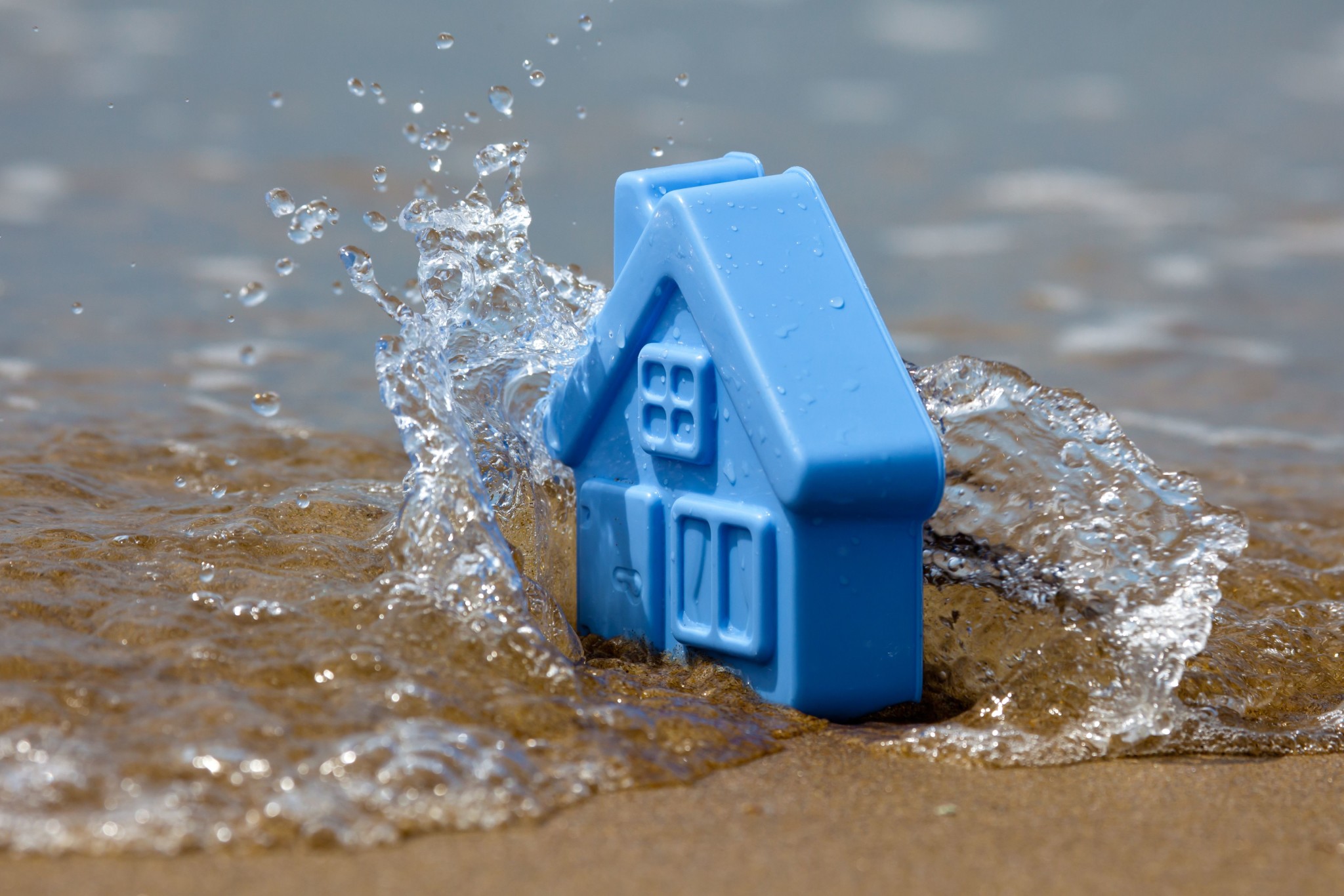
Property damage. They’re two very simple words that make a landlord cringe.
It can happen at any time, day or night, when a property is occupied or vacant. Two of the most common and potentially devastating causes of property damage are leaks and flooding. Here are steps we take to recover from water damage quickly and to prevent it in the future.
Immediately After Water Damage to Rental Property
Handling property damage is all about timing. Water damage can cause permanent problems like mold and rot when left unresolved. First, we look for the source to stop it. Then we pull up the carpet and contact water restoration to get started on repairs.
We assess the damage overall and take at least 30 to 40 timestamp photos to document it. It’s important to record every detail in case we need to submit an insurance claim. The more evidence we have to back up our claim the better.
Related: How Safe is Your Dallas Rental Property From Floods & Water Damage?
We contact the homeowner to fill them in once we have our evidence together and a resolution for the damage. At this point, we also ask permission to contact the insurance company. We send in a damage claim if the owner gives us the go ahead.
Managing Displaced Tenants
Tenant displacement is tough for everyone involved. Families want to get back into their home and you’re left to juggle tenant and contractor logistics. Keep the lines of communication open with your displaced tenants. They’re more sympathetic when you put in the extra effort.
The tricky part of handling displaced residents is the reimbursement conversation. Residents usually expect you to pay for lodging or damage to personal property. This is one of the reasons we require renters insurance. If property damage happens, we can always direct residents to their insurance company. You should also make renters insurance mandatory. Otherwise, you can get stuck paying for personal property damage out-of-pocket.
Related: The Art of Keeping Your Best Tenants Happy
How to Prevent Future Rental Property Damage
If you’re not prepared, the damage to your rental property can be insurmountable. Thankfully, a few easy flood prep techniques can keep your investment safe.
Prepare Your Physical Property
Whether or not your property is in a flood zone will impact how you should prepare. Not sure if you’re in a flood zone? Head over to the FEMA Flood Map website and type in your address to view your property on the interactive map. If your property happens to be in a flood zone, take the following extra steps:
- Elevate your utility boxes
- Waterproof your basement
- Apply waterproof coating to your exterior walls
- Test your sump pump regularly and install a battery powered backup
If you’re not in a flood zone you should still regularly clear your gutters of leaves and debris. Check that gutters are installed flush against your property with no spaces so water can drain freely. Also, make sure your structure is properly elevated and your soil isn’t degraded or moving away from the foundation.
(Property) Age is More Than Just a Number
Age does matter when it comes to property. The older your structure, the more damage a flood can cause. It’s smart to take out additional flood insurance if your property is older than 100 years, but no matter the age, every property should have some sort of coverage for floods.
Often the cheapest policies don’t include flood insurance and you don’t want to discover you’re not covered after the fact. Take the time to read through the fine print of your policy or ask your insurance agent exactly what’s covered to avoid any surprises.
Prepare Your Residents
The people who live in your property are just as important as the property itself. Do they know what to do in case of an emergency?
Create an evacuation plan for yourself and your residents so both of you know exactly what to do during a flood. Include action plan steps like where your residents should go and how you’ll both get in touch with each other. Also keep an emergency kit available for them onsite with a flashlight, battery powered radio, cell phone, cell phone charger and rain clothing.
What Should You Do During a Flood?
First, cut the main source of utilities by calling the utility company. (Don’t attempt to turn off the circuits in the electrical box if you can’t reach it without standing in water. It’s very dangerous.) Then, speak with your residents to figure out where they’ll stay if the property sustains significant damage.
Their renters insurance should cover the cost of displacement due to the flood. If they don’t have insurance they’ll probably look to you to pay for the accommodations. Resident displacement is one of the main reasons we always require our tenants take out a renters insurance policy no matter what. Seriously, it’s a must.
In summary, swift action and prevention are the two factors that’ll help you win the fight against water damage. Search for the source and resolve it. Cover your bases ahead of time to protect yourself from future damage and to avoid dishing out funds for tenant reimbursement.
Need help managing your DFW rental properties? Shoot us a message here.


